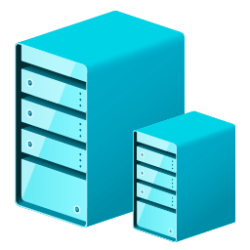- Local time
- 10:07 AM
- Posts
- 2,534
- OS
- Windows 11 Pro 24H2 (RP channel)
I'm thinking of trying the Windows Subsystem for Android, which requires enabling 'Virtual Machine Platform' in Windows features. Does this have any system overheads while it's not in use? How is this different from the 'Windows Hypervisor Platform' also in Windows features? I did read that Hyper-V can have a slight performance hit when enabled.
Also, does using WSA/Virtual Machine platform affect the ability to use VirtualBox?
Also, does using WSA/Virtual Machine platform affect the ability to use VirtualBox?
Attachments
My Computer
System One
-
- OS
- Windows 11 Pro 24H2 (RP channel)
- Computer type
- PC/Desktop
- Manufacturer/Model
- MSI
- CPU
- AMD Ryzen 7 9800X3D 8-core
- Motherboard
- MEG X870E Godlike
- Memory
- 64GB Corsair Titanium 6000/CL30
- Graphics Card(s)
- MSI Suprim X 3080 Ti
- Sound Card
- Soundblaster AE-5 Plus
- Monitor(s) Displays
- ASUS TUF Gaming VG289Q
- Screen Resolution
- 3840x2160
- Hard Drives
- Samsung 9100 Pro 4TB (gen 5 x4, system drive/games)
Samsung 990 Pro 2TB
Samsung 980 Pro 2TB
Samsung 870 Evo 4TB
Samsung T7 Touch 1TB
- PSU
- Seasonic PX-2200
- Case
- Bequiet! Dark Base Pro 901
- Cooling
- Noctua NH-D15S Chromax black
- Keyboard
- Logitech G915 X (wired)
- Mouse
- Logitech G903 with PowerPlay charger
- Internet Speed
- 900Mb/sec
- Browser
- Microsoft Edge
- Antivirus
- Windows Defender










